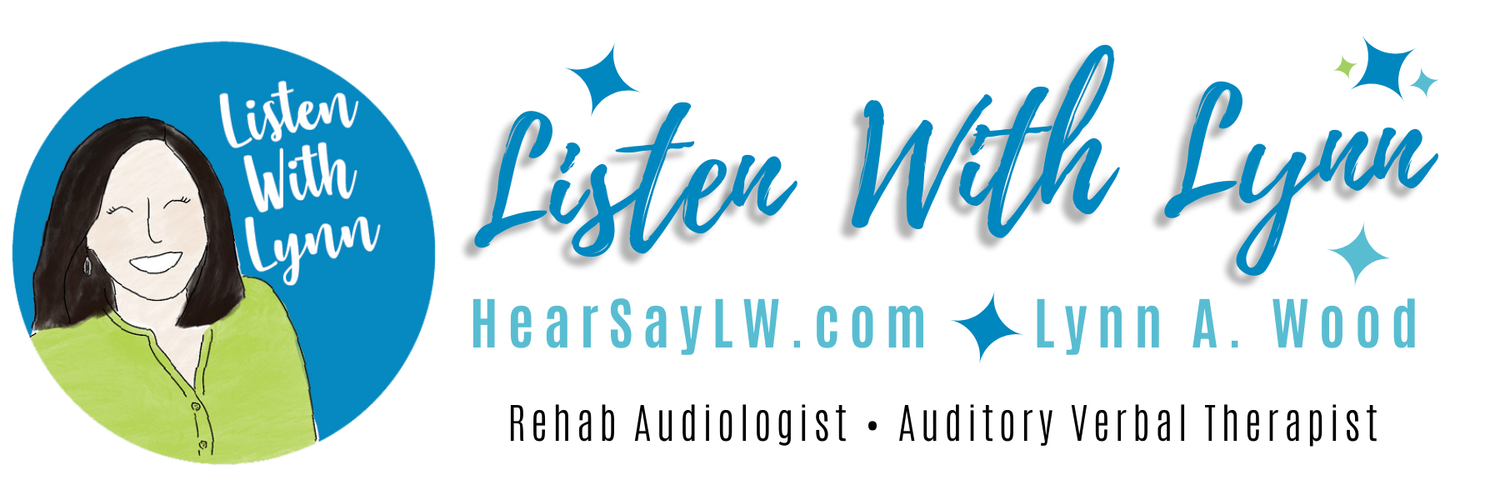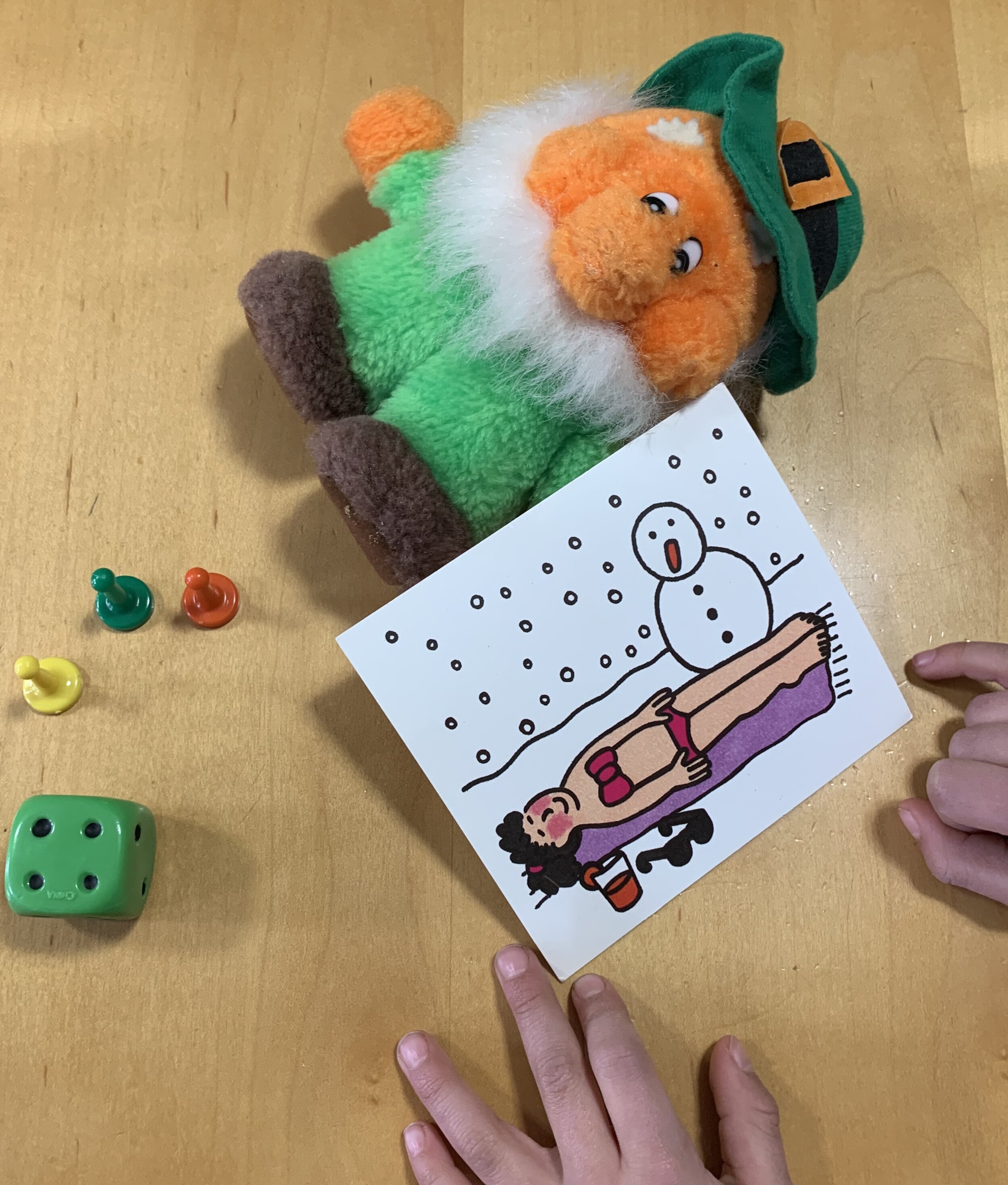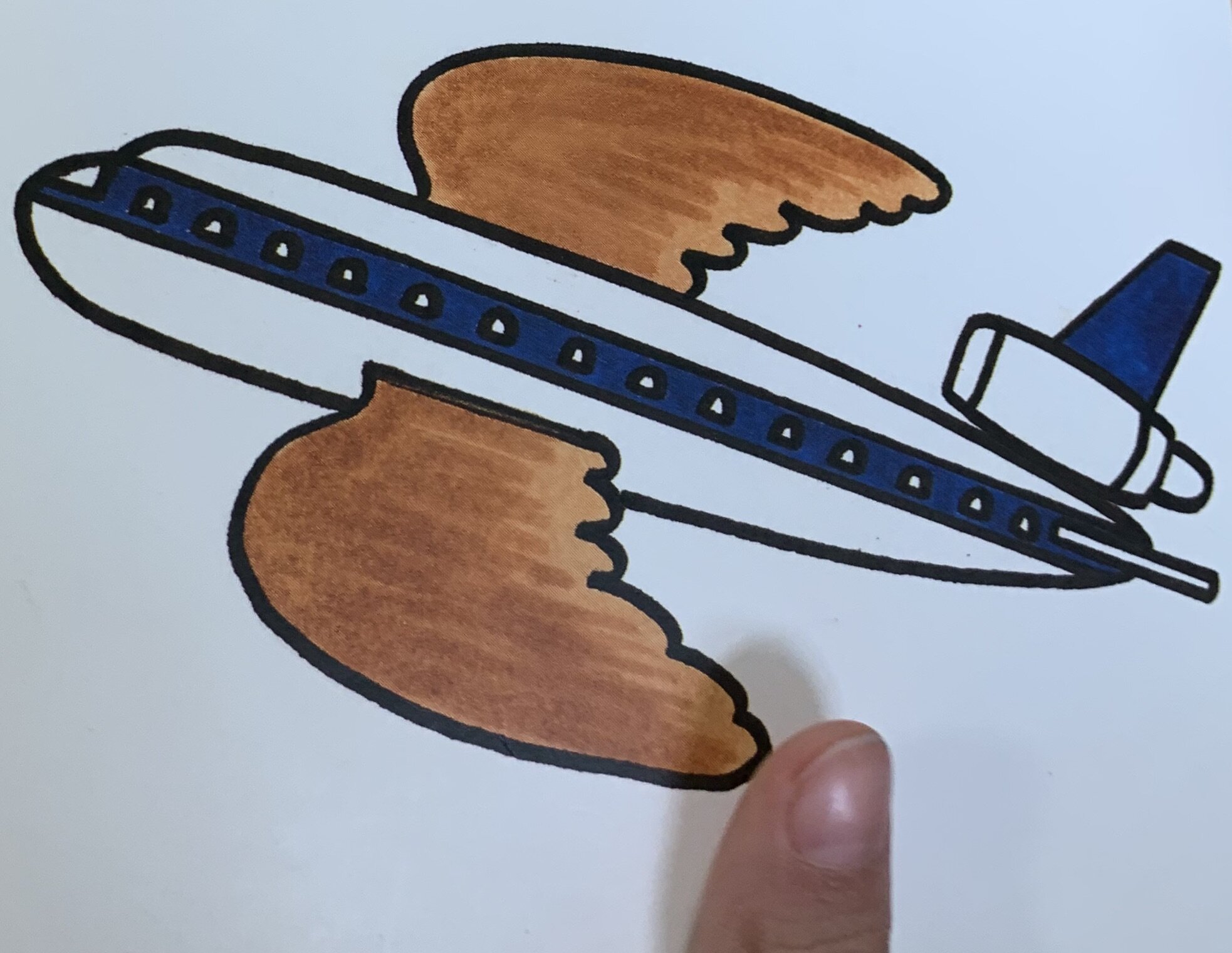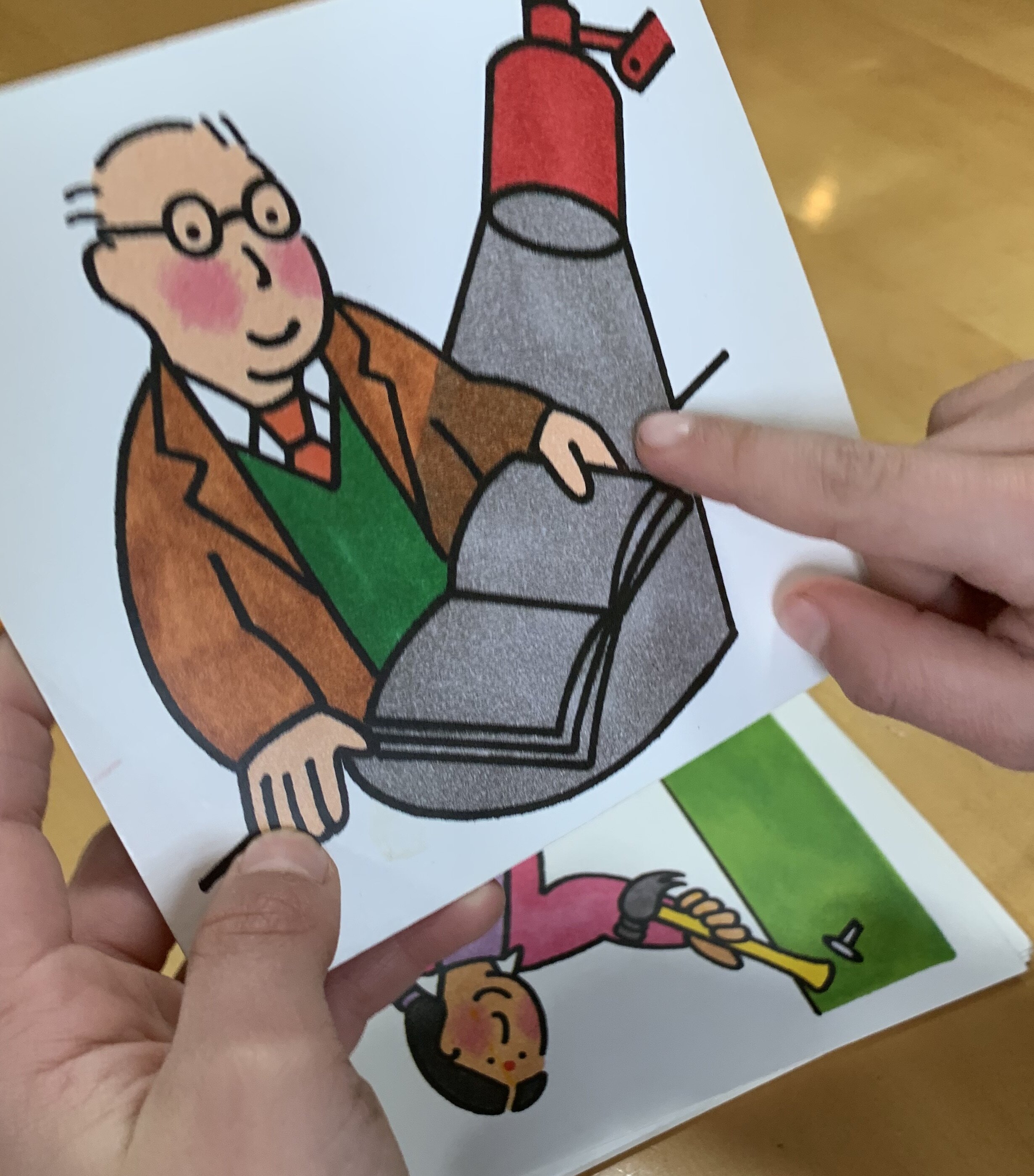Click HERE to download the free Easter Riddles and Jokes to grow to listen and spoken language skills.
Share them in distance learning sessions or send them home to practice understanding and joke telling skills. Try picking one to target each session to grow to listening and spoken language skills. Individual jokes can be cut out and adhered to index cards for easy practice.
In my auditory verbal practice, we play peekaboo and games like “I’m gonna, gonna get you!” with babies. Silly faces and unexpected tickles connect toddlers and parents. Funny business, like silly words to a song, wearing underwear as a hat, reading a book upside down, serving ice cream sundaes for dinner tickles a preschooler’s sense of humor.
During the month of March, leprechauns are very popular in my practice with preschoolers and serve as an excellent catalyst for listening, spoken language and F-U- N! Leprechauns are a great way to introduce listening for and talking about absurdities. Absurdity is at the core of both critical, cause-and-effect thinking and basic humor. Listening for absurdities keep a child’s ears perked.“Is that what I heard?” “Did I mishear?” “Was that a joke?” What a fun opportunity to sneak in self-advocacy and clarification skills!
Research offers evidence of the value of understanding humor as a key element in developing higher-level language skills and complex language patterns such as inferences, multiple-meaning words, idioms which are often weak for children with hearing loss without intervention. Older kids get a kick out of silly situations. Slapstick humor leads to understanding riddles, knock-knock jokes, puns and even sarcasm for older kids. Humor is evidence of brain development and growing listening, spoken language and social skills.





